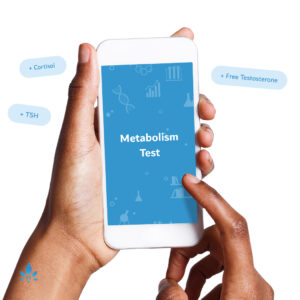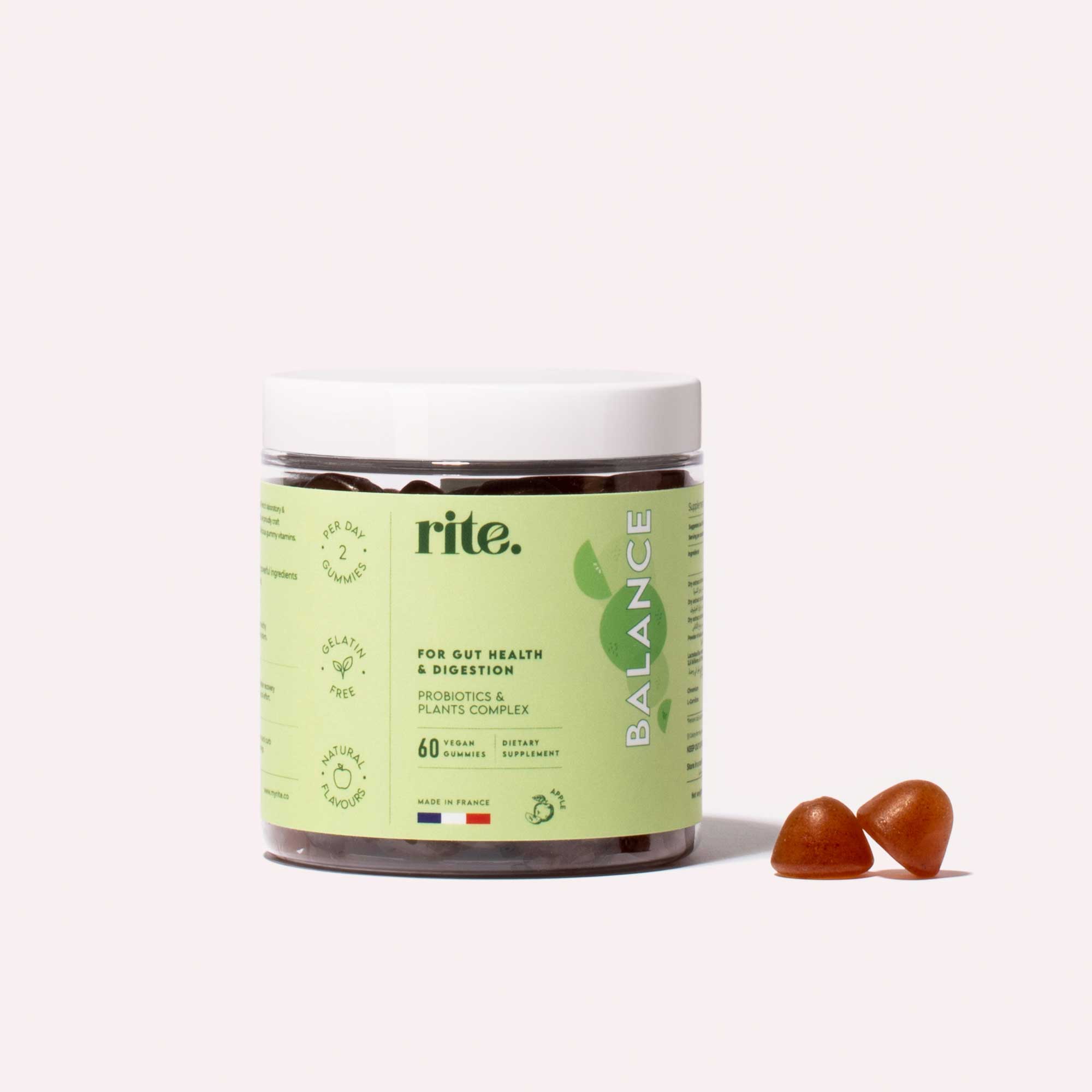What is e. Coli o157-H7 Infection?


Escherichia coli (E. coli) is a species of bacteria normally found in the intestines of people and animals. Most strains of E. coli are harmless, but others can make you very ill. One specific strain called O157:H7 causes severe diarrhea and can cause serious illness.
The primary source of E. coli O157:H7 is cattle, although the bacteria can also be found in other animals. E. coli O157:H7 is usually transmitted to humans when contaminated foods or liquids are consumed. The most commonly contaminated sources include:
- Undercooked or raw ground beef
- Salami
- Produce such as spinach, lettuce, and sprouted seeds
- Unpasteurized milk, apple juice, and apple cider
- Contaminated well water or surface water frequented by animals
Transmission can occur by not washing your hands thoroughly with soap and water following contact with an infected person, animal, or animal feces. Swallowing swimming pool water contaminated by human feces can also put you at risk of E. coli O157:H7 infection.
People of any age can become infected. Symptoms of E. coli O157:H7 infection can vary but often include nausea, severe stomach cramps, bloody diarrhea, vomiting, and fatigue. Low-grade fevers may also occur. Symptoms usually begin within 2-8 days of exposure and may last up to 10 days. Some infections are mild but others can be severe or even life-threatening. Around 5-10 percent of people with E. coli O157:H7 infection go on to develop a condition called hemolytic uremic syndrome (HUS), which can cause a dramatic decrease in urine output and can lead to the kidneys shutting down.
Anyone with bloody diarrhea should be seen urgently by a healthcare provider. Your doctor will likely request laboratory studies including a stool culture.
Treatment for pediatric patients with E. coli O157:H7 is mainly supportive (i.e., fluids and rest). Antibiotics are not helpful and may actually increase a child’s risk of developing HUS. Most children with E. coli O157:H7 infections not complicated by HUS recover within 5-10 days.
Prevention of E. coli O157:H7 focuses on good handwashing after going to the bathroom, changing diapers, or handling any type of animal or animal waste. Cook meats thoroughly, and avoid unpasteurized dairy and juice products. Avoid swallowing pool water. Cross-contamination in the kitchen can be prevented by washing hands, counters, cutting boards, and utensils after they touch raw meat.
Sources:
- Centers for Disease Control and Prevention. E
- coli (Escherichia coli)
Food Safety. E - coli
National Institute of Allergy and Infectious Diseases. Understanding E - coli
Powered by Bundoo®












































